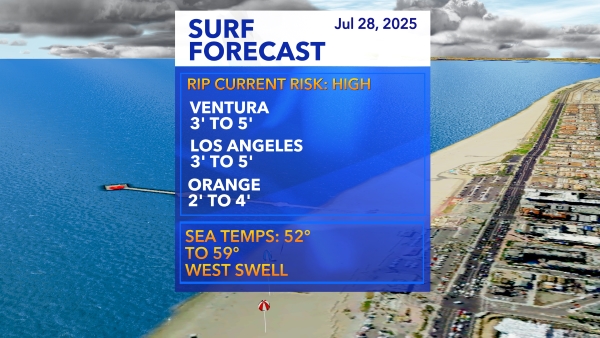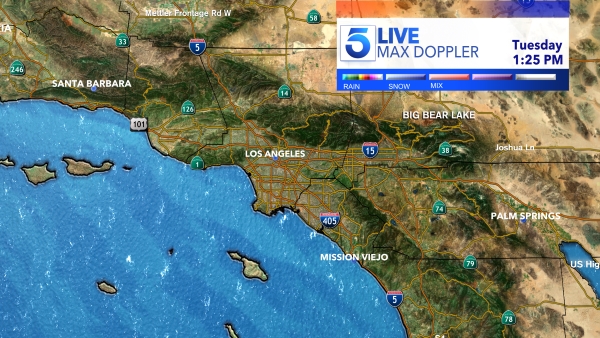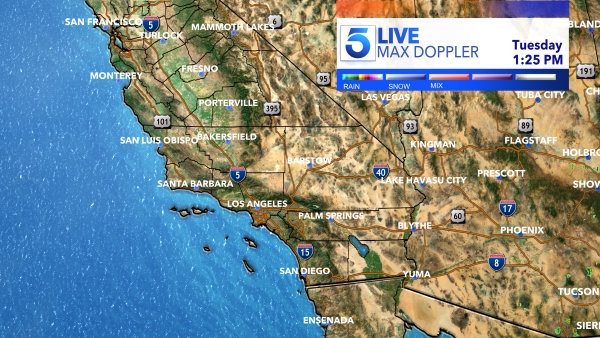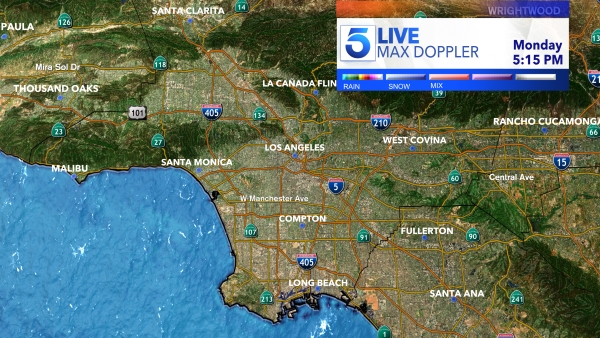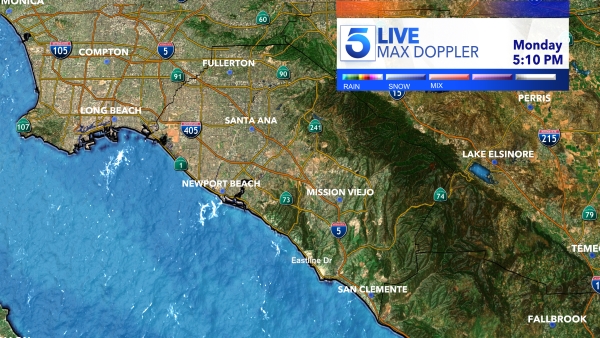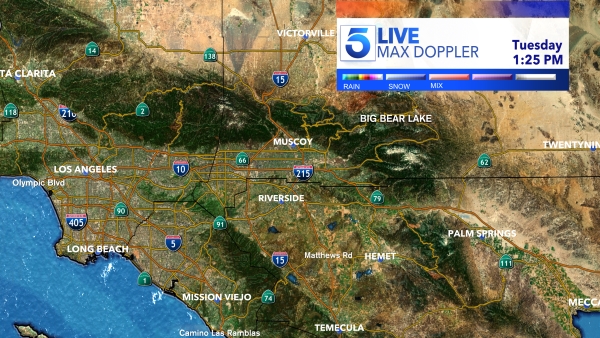California power grid managers are warning of possible rolling blackouts as temperatures from the already-oppressive heat wave spike to even greater heights on Monday and Tuesday.
“We have now entered the most intense phase of this heat wave,” Elliot Mainzer, CEO of the California Independent System Operator, said at a multi-agency news conference Monday. “Forecasted demand for Monday and Tuesday is at all-time record levels and the potential for rotating outages has increased significantly.”
According to the National Weather Service, Monday high temperatures are expected to reach up to 113 degrees in Los Angeles-area valleys and deserts. Mountains will reach up to 105 degrees and coastal areas will range from 86 to 106.
Wildfires could also knock out generation and transmission, California ISO warned.
A Flex Alert was issued Monday for the sixth consecutive day, asking Californians to conserve energy during peak hours of 4 p.m. until 10 p.m.
Mainzer says, thusfar, Californians have been doing their part.
“Your efforts have been making a real difference. For the past two evenings, electricity loads have come in about 1,000 megawatts below our expectations or approximately two percent below forecast,” said Mainzer.
Californians can track the state’s current energy demand and capacity in real-time through California ISO’s dashboard.

The dashboard shows demand is expected to peak at 48,461 megawatts on Monday. Current capacity is 57,083 megawatts.
Tuesday’s forecasted peak is 51,145 megawatts.
“It’s not over. We have a few more days. It’s going to be tough,” warned Dr. Tomás Aragón, Director of the California Department of Public Health. “Think of your body as having a thermostat. If you’re alone and you don’t have air conditioning and the heat is increasing, you’re going to need to find ways to cool your body down.”
Several temperature records fell on Sunday across the Southland.
The mercury reached 109 degrees at the Long Beach Airport, breaking the previous record of 107 degrees set in 1958. In Oxnard, Sunday’s high reached 101 degrees, shattering a record of 96 degrees that dated back to 1923.
The Burbank Airport hit 110 degrees for the first time since 1939.
